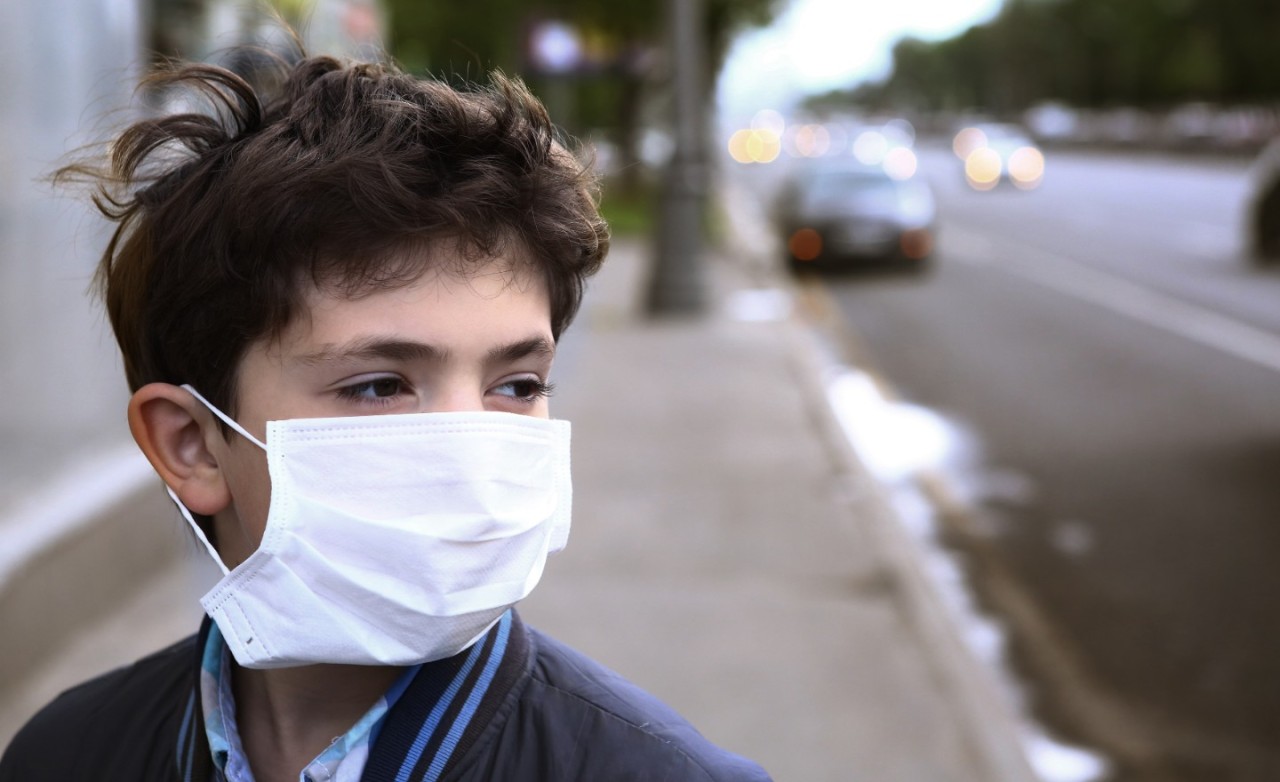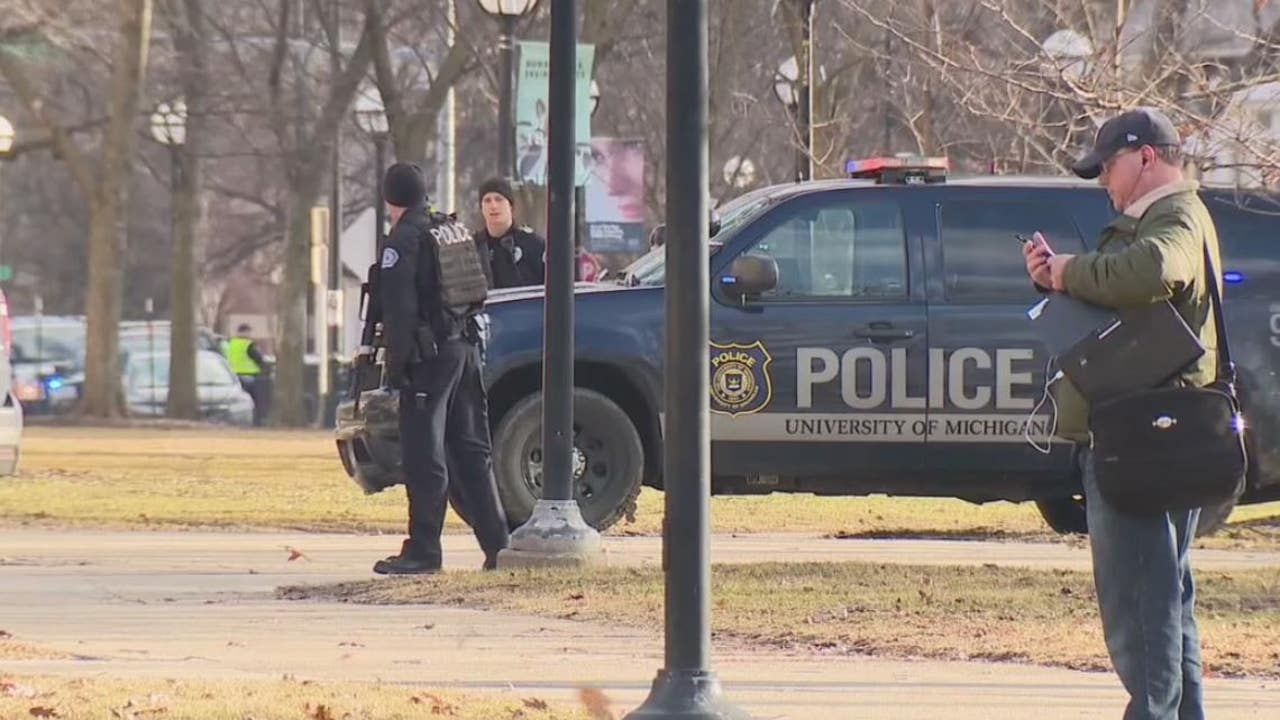[ad_1]
According to the American Lung Association’s 2022 State of the Air reportmore than four in 10 Americans — over 137 million people — live in counties with unhealthy air. The U.S. Environmental Protection Agency (EPA) recently released a proposal to update the National Ambient Air Quality Standards (NAAQS) for particulate matter air pollution. However, this proposal misses the mark and is inadequate to protect public health from this deadly pollutant. EPA needs to strengthen it.
Particle pollution, or particulate matter, is a mix of tiny liquids and solid particles that can include dust, dirt, soot, smoke or drops of liquids. This pollution is commonly the byproduct of power plants, combustion engines and wildfires.
Breathing in particle pollution can affect our health with every breath, causing cardiovascular and respiratory disease and cancers. Even healthy adults are at risk from breathing in particle pollution. But the impact of air pollution is particularly harmful for higher-risk Americans, including pregnant people, infants, children, elderly people and people with chronic diseases like asthma, COPD, cardiovascular disease and diabetes.
EPA is required to set standards to limit outdoor air pollutants under the Clean Air Act. Strengthening the standards regulating particle pollution under the National Ambient Air Quality Standards (NAAQS) would have important health benefits for millions of at-risk Americans. Current science shows that stronger limits are urgently needed at the levels of 8 micrograms per cubic meter (µg/m3) for the annual standard and 25 µg/m3 for the 24-hour standard to protect vulnerable populations. Under new proposed updates to the air quality standards for fine particulate matter, EPA would update the annual standard from 12 µg/m3 to a level between 9 and 10 µg/m3and would not update the 24-hour standards at all. This proposal simply does not reflect the current science.
For decades, air pollution has been disproportionately harming people of color and people who live in low-income communities. Truly protective standards for particle pollution will support President Biden’s environmental justice goals and are necessary to drive cleanup in places that currently experience unhealthy levels of deadly particle pollution. This is vitally important in communities where a source of air pollution, like a power plant or port, is located nearby.
A stronger 24-hour standard is also needed to better inform the public when air pollution levels are unhealthy. The NAAQS are the basis for EPA’s air quality index, which people nationwide use to plan their outdoor activities. Right now, EPA’s outdated standard means that people may be told that the air outside is safe to breathe on a day when it’s actually not. Breathing in dirty air negatively impacts everyone’s health, but for people who already suffer from COPD or other respiratory diseases, it can trigger painful and dangerous symptoms including shortness of breath, coughing, wheezing and asthma episodes.
Finalizing stronger particle pollution standards is just one piece of the puzzle when it comes to addressing poor air quality. EPA is currently working on national rules to limit emissions from the oil and gas industry and must finalize them without delay, too. The agency also needs to further protect kids from toxic mercury emissions and set stronger emission standards for cars and trucks to drive a nationwide transition to zero-emission vehicles.
States, meanwhile, can take action by adopting California’s strong rules to clean up the transportation sector. A full transition to zero-emission transportation and electricity would result in an estimated 110,000 lives saved2.7 million asthma attacks avoided and major reductions in greenhouse gasses that amplify risks to public health, air quality and more.
Everyday citizens can help to push action forward, too. Americans should read up on the newly passed Inflation Reduction Act to understand what measures they and their community can take advantage of to clean the air and improve health — like tax credits for the purchase of electric vehicles or home energy efficiency updates. Individuals can urge their local government to support measures that invest in zero-emission vehicles and electricity and reduce greenhouse gas emissions. And the public can push EPA to strengthen the particle pollution rules to the levels supported by science during the agency’s public comment period on the proposal.
Regardless of who you are or where you live, air pollution impacts your health and the health of those you love. We must all join in the fight for cleaner air — it’s never been more important.
Sophia Kianni is an Iranian-American environmentalist. She is the founder and executive director of Climate Cardinals, an international nonprofit with 8,000 volunteers in 40+ countries working to translate climate information into over 100 languages. She represents the U.S as the youngest member of the inaugural United Nations Youth Advisory Group on Climate Change. She is also studying climate science and public policy at Stanford University.
Dr. Meredith C. McCormack, M.D., MHS, is a pulmonary, critical care physician. She is an expert in air pollution health effects and the diagnosis and treatment of patients with obstructive lung disease, including those with asthma and COPD. She serves as the associate director of the Johns Hopkins Pulmonary and Critical Care Division and the Director of the Johns Hopkins BREATHE (Bridging Research, Lung Health and the Environment) Center.
[ad_2]
Source link




